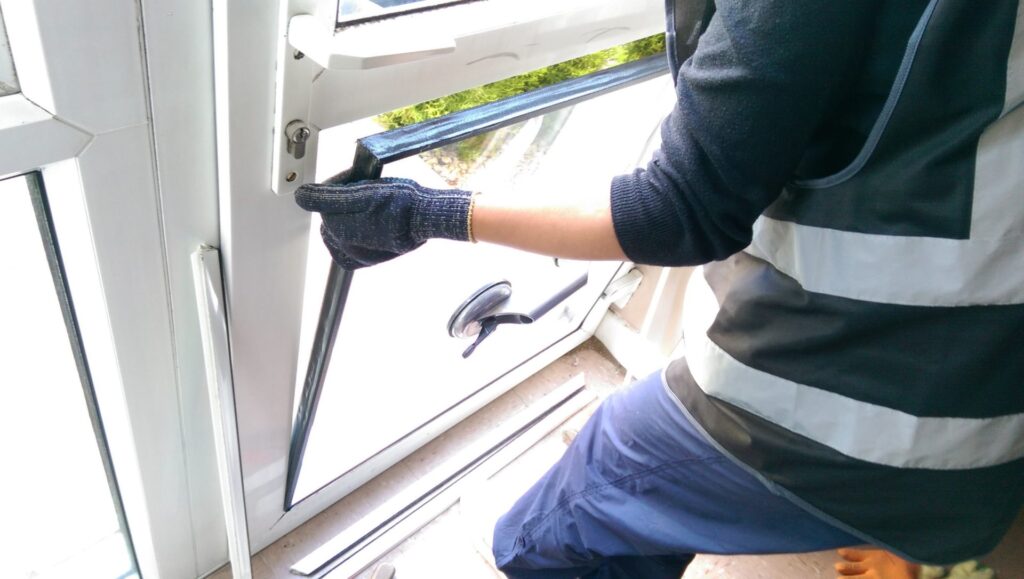Residential Glass Repair: Understanding the Process, Benefits, and FAQs
Glass is an essential element of numerous residential structures, using both visual appeal and practical advantages. From windows and doors to shower enclosures and mirrors, glass aspects can enhance the appeal of a home. Nevertheless, like any product, glass is susceptible to harm from mishaps or natural wear and tear. This article checks out the different aspects of residential glass repair, consisting of common types of damage, repair procedures, advantages, and regularly asked questions.
Common Types of Glass Damage
Residential glass can suffer from numerous kinds of damage that might require repair or replacement. Here are some common problems homeowners encounter:
| Type of Damage | Description |
|---|---|
| Cracks | Visible cracks that can compromise structural stability and security. |
| Chips | Little damages that typically happen on the edges of glass panes. |
| Shattered Glass | Complete breakage of the glass, rendering it unusable and positioning safety threats. |
| Fogged or Cloudy Glass | Built up wetness in between glass panes results in a cloudy look. |
| Scratches | Surface area imperfections that can decrease clearness, especially on windows. |
Comprehending these common kinds of damage can help homeowners determine the requirement for repair and take timely action.
The Glass Repair Process
The process of residential glass repair varies depending on the kind of damage and the specific glass component included. Here's a basic outline of how the repair process usually unfolds:
1. Assessment
An experienced technician examines the damage, figuring out whether repair or replacement is the very best option. This evaluation might involve taking a look at the degree of cracks, chips, or other concerns.
2. Measurement
If a replacement is needed, accurate measurements of the existing glass are taken to guarantee a proper fit.
3. Glass Selection
Depending upon the type of glass being fixed or replaced (single-pane, double-pane, tempered, etc), the technician will source the proper materials.
4. Preparation
The location around the broken glass is prepared. This includes eliminating broken fragments and cleaning the surrounding frame.
5. Repair/Replacement
- For small chips and fractures: A resin is injected into the broken location, treated with UV light, and polished to restore clearness.
- For shattered glass: The damaged pane is removed and changed with brand-new glass, ensuring a safe fit.
6. Clean-Up
After the repair or replacement is total, the technician will clean up the area, ensuring no particles is left behind.
7. Final Inspection
Last but not least, a comprehensive inspection is carried out to validate the integrity and performance of the fixed or replaced glass.
Benefits of Professional Glass Repair
Opting for professional glass repair services uses a number of benefits for property owners, consisting of:
- Safety: Trained professionals follow security protocols to guarantee that the repair or replacement procedure does not present any threats.
- Quality: Professionals use top-quality materials and possess the know-how to make sure long-lasting repairs.
- Time Efficiency: Experienced professionals can complete repairs swiftly, minimizing interruption to the home.
- Cost-Effectiveness: Addressing small damages without delay can avoid more extensive and costly repairs in the future.
- Increased Property Value: Maintaining the stability of glass fixtures can enhance the total visual appeal, favorably impacting property worth.
Regularly Asked Questions (FAQs)
1. How do I understand if my glass can be repaired or needs replacement?
A professional evaluation is the very best method to determine this. Minor cracks and chips can often be fixed, while considerable damage or shattered glass may require replacement.
2. What should I do if my window glass is fogging up?
Fogging normally suggests a broken seal in double-pane windows. Talk to Glazing Repair Experts for an evaluation and prospective replacement.
3. Can I repair small glass chips myself?
DIY repairs can be efficient for little chips, but for the best results and to ensure safety, it is suggested to seek advice from a professional.
4. How long does the typical glass repair take?
The timeline can vary based upon the extent of the damage and the type of glass, but a lot of repairs are finished within a few hours.
5. Will my house owners insurance cover glass repair or replacement?
Coverage varies by policy. It's suggested to contact your insurance supplier to understand your specific protection.
6. What is the expense of residential glass repair?
The expense depends upon numerous elements, consisting of the kind of glass, level of the damage, and whether repair or replacement is necessary. Property owners need to obtain several quotes to compare costs.
Residential glass repair is a vital service that makes sure the security, functionality, and visual appeal of a home. By understanding the kinds of damages, the repair process, and the benefits of professional intervention, house owners can make informed decisions when faced with glass concerns. Always consider consulting a qualified technician to assess any glass-related damage in your home, keeping both safety and design in your home.

